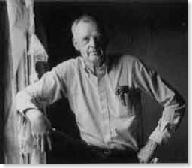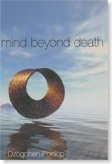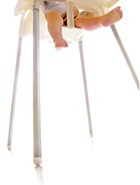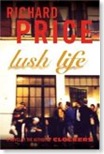Excerpts from a conversation between Jeff Fearnside and Wendell Berry from "Digging In," The Sun Magazine (July 2008):
 Jeff Fearnside: I’ve noticed that the Amish seem less self-conscious than most Americans. Why do you think this is so?
Jeff Fearnside: I’ve noticed that the Amish seem less self-conscious than most Americans. Why do you think this is so?
Wendell Berry: I’d say that in their community, honesty is the norm. One of the most striking things about the Amish is that their countenances are open. We pity Muslim women for wearing veils, yet almost every face in this country is veiled by suspicion and fear. You can’t walk down a city street and get anybody to look at you. People’s countenances are undercover operations here.
...
JF: In your Sierra Club talk, you said that you would like conservationists to become more interested in “economic landscapes” — in working farms, ranches, and forests. Do you feel that most people’s definition of the natural world is too small?
WB: The human definition of the natural world is always going to be too small, because the world’s more diverse and complex than we can ever know. We’re not going to comprehend it; it comprehends us. The question is whether we can use it with respect. Some people in the past who knew very little biology were able to use the land without destroying it. We, who know a great deal of biology, are destroying our land in order to use it.
...
JF: I came to Kentucky after four years of living in Central Asia, and I was struck by how environmental disasters both here and there have the same causes: shortsightedness, greed, and the concentration of wealth among a powerful elite. Do you think these are simply part of human nature?
WB: Greed is a part of human nature, and greed is the root cause of these disasters. Once you have greed and the means of  exploitation, the high-toned rationalizations — in other words, the excuses — follow as a matter of course. A real culture functions to limit greed. Our culture functions to increase it, because, we are repeatedly told, it’s profitable to do so, though the majority of the profits go to only a few people.
exploitation, the high-toned rationalizations — in other words, the excuses — follow as a matter of course. A real culture functions to limit greed. Our culture functions to increase it, because, we are repeatedly told, it’s profitable to do so, though the majority of the profits go to only a few people.
JF: We’ve talked about what consumers and producers can do to change things. What should the role of government be?
WB: The appropriate role of government should be to see that power and money don’t accumulate in too few hands.
JF: But too often governments act in their own self-interest and harm the people they’re supposed to be working for and protecting.
WB: Unless a community consists entirely of like-minded individuals, the community must, to some extent, have laws, which means government. It’s the nature of an organization like a government — or a corporation — to be self-aggrandizing and self-perpetuating. Once it starts running, it aims to keep running. The real limit on government would be reasonably independent, self-sustaining localities and communities. But if there is no local independence, then governments and other organizations have a kind of freedom that they wouldn’t have otherwise.
If you’ve got 300 million people, most of whom produce nothing for themselves or for the community and to whom everything has to be brought from somewhere else, then there’s no way you’re going to have limited government, or limited anything. All organizations feed upon the helplessness and ignorance and passivity of the people.
More...



 To Katharine: At Fourteen Months
To Katharine: At Fourteen Months











